Egg retrieval recovery is typically very short, with most women feeling back to normal within a day or two. Here are some tips to help manage any discomfort and ensure a healthy recovery.
Table of Contents
Egg retrieval might be a frightening experience, but keep in mind that the recovery period is usually extremely brief. Most women recover within a day or two with the proper treatment. We’ll go over all you need to know about egg retrieval recovery in this post, from what to expect to how to deal with any discomfort. You can ensure a healthy and smooth recovery by following our advice.
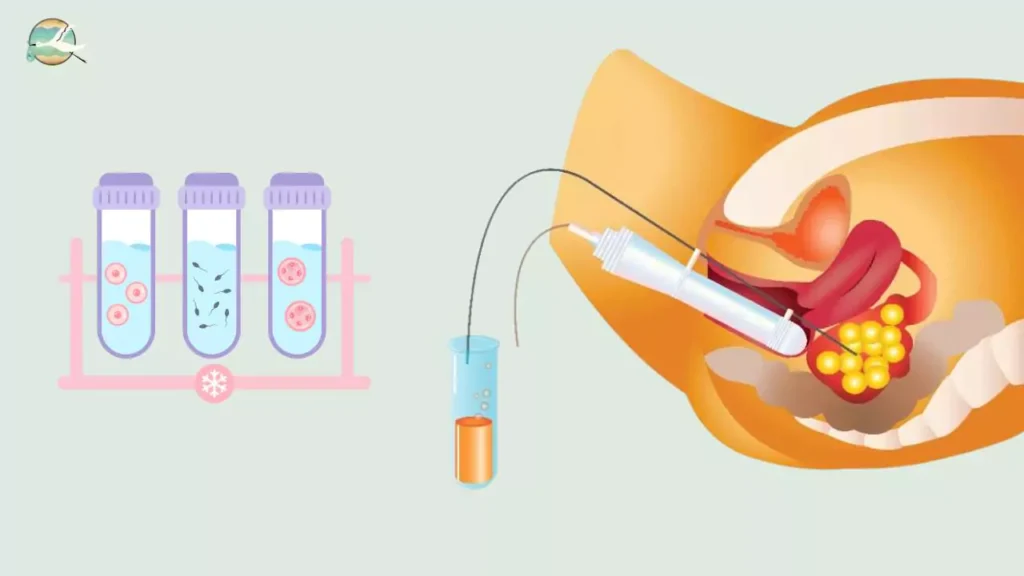
What is egg retrieval recovery?
The period of time following the egg retrieval process, which is a minimally invasive surgery used to harvest mature eggs from the ovaries for in vitro fertilization (IVF), is referred to as egg retrieval recuperation. The treatment is usually done under sedation or anesthesia, and most women can go home within a few hours.
Most women recover quickly from egg retrieval, with most feeling back to normal within a day or two. Some women, however, may feel some discomfort, such as:
- Bloating
- Mild soreness in the vaginal area
- Slight abdominal cramping
- Spotting
Resting and avoiding intense activity for a few days after the procedure is important for managing these symptoms. Acetaminophen (Tylenol), an over-the-counter pain medication, can also be beneficial.
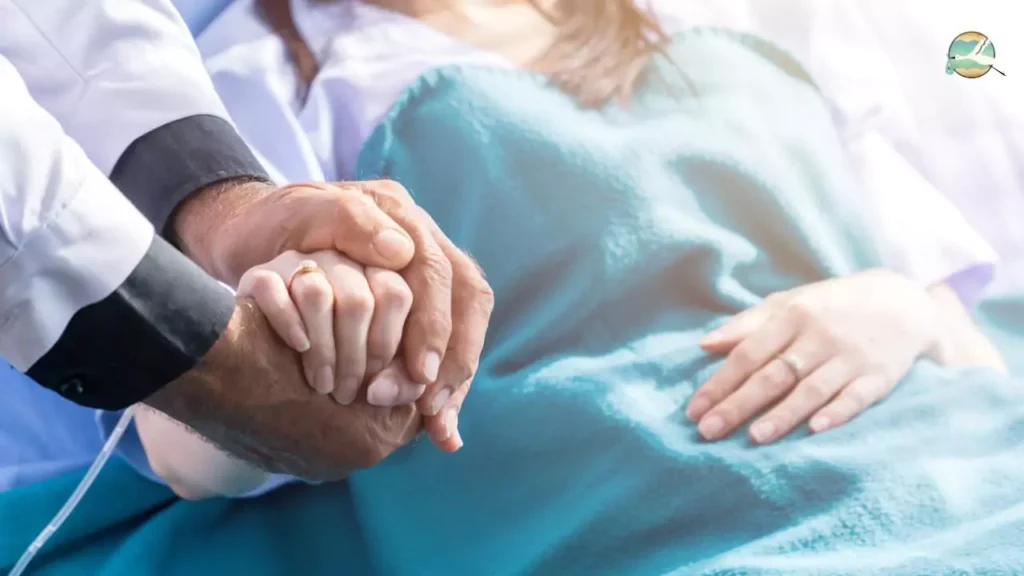
How long is the recovery period after egg retrieval?
The recovery time following egg retrieval is usually fairly brief, with most women feeling back to normal within a day or two. Some women, however, may feel discomfort for a few days longer.
Rest and avoid strenuous activities for a few days following the surgery. This will assist in lessening the possibility of consequences like bleeding and infection. To ease cramping, you could also apply a heating pad or warm compress to your abdomen.
Most women may return to work the next day, but if you are not feeling well, you may want to take an extra day off. It is also critical to refrain from sexual activity for at least two weeks following the surgery.
What is hormone crash after egg retrieval?
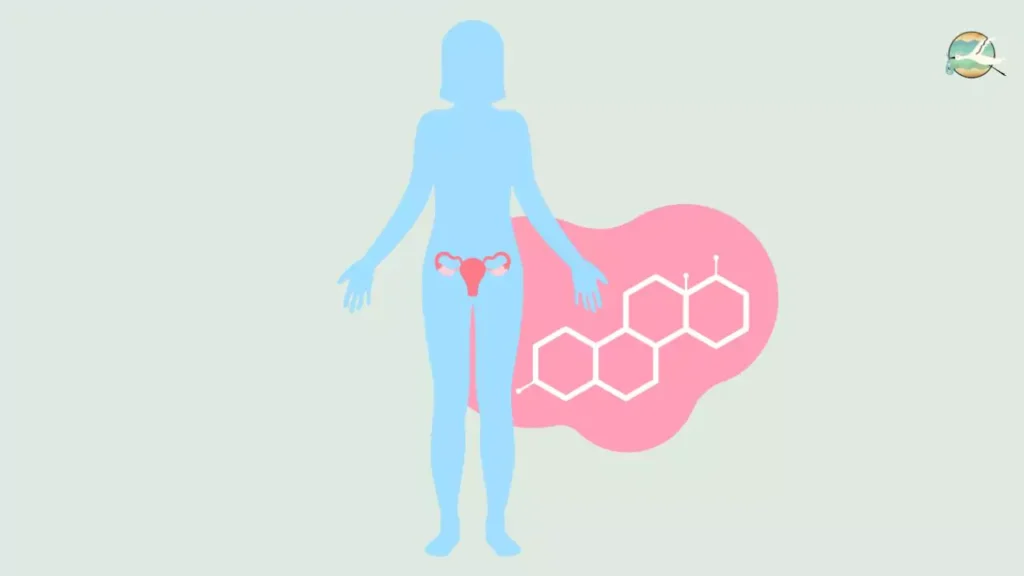
A hormone crash after egg retrieval is a sudden decline in hormone levels that can occur after the egg extraction technique for IVF. This is because egg retrieval drugs encourage the ovaries to create additional eggs, resulting in a temporary increase in hormone levels. After the eggs are extracted, the ovaries stop generating these hormones, resulting in a dramatic reduction in levels.
Symptoms of a hormone crash after egg retrieval can include:
- Fatigue
- Mood swings
- Irritability
- Depression
- Headache
- Muscle aches
- Breast tenderness
- Bloating
- Spotting
These symptoms are usually modest and resolve themselves within a few days or weeks. Some women, however, may have more severe symptoms, such as anxiety or sadness. If you have any concerns about any of your symptoms, consult your doctor.
Is egg retrieval painful?
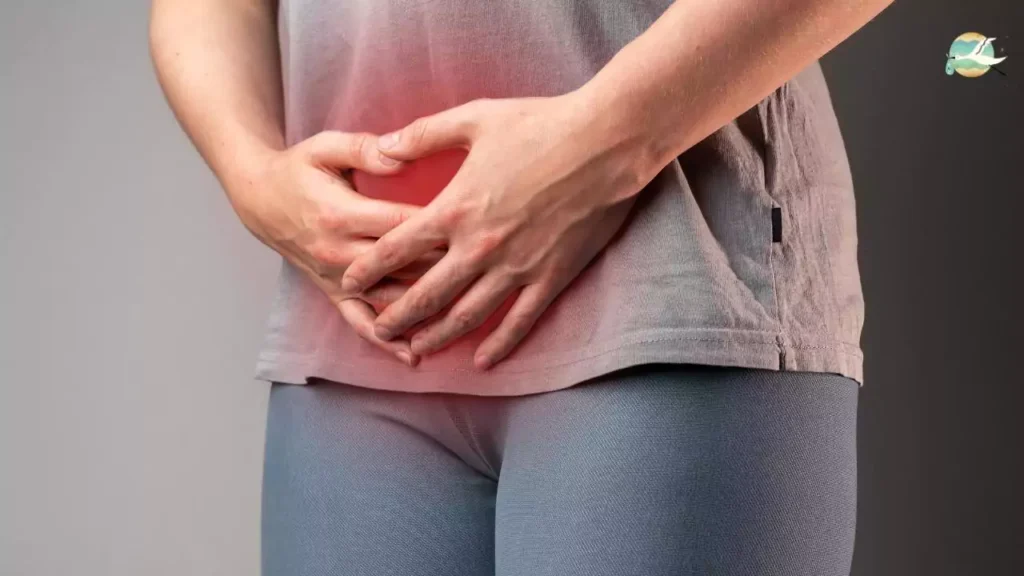
Egg retrieval is a minimally invasive technique used to retrieve mature eggs from the ovaries. Because it is often performed under sedation or anesthesia, most women experience no pain throughout the surgery. However, some women may endure discomfort, such as:
- Mild cramping
- Soreness in the vaginal area
- Bloating
- Spotting
These symptoms are typically modest and resolve within a few days. Over-the-counter pain medicines, such as acetaminophen (Tylenol) or ibuprofen (Advil), can also be beneficial.
What to avoid after egg retrieval?
Following egg extraction, it is essential to avoid the following activities and substances:
- Strenuous activity. This includes engaging in any exercise that causes you to breathe rapidly or laboriously, such as sprinting, jumping, or lifting large objects.
- Sexual intercourse. To prevent discomfort or infection, this is advised.
- Vaginal douching or tampons. These may raise the chance of infection.
- Hot baths or swimming. These can make you more vulnerable to getting sick.
- Alcohol and caffeine. These may cause dehydration and make any cramps or bloating worse.
- Smoking. Smoking increases the risk of problems and slows healing.
How many days after egg retrieval is embryo transfer?

Three to five days following egg retrieval, an embryo transfer is usually carried out. This is due to the fact that the embryos develop to the blastocyst stage in roughly that amount of time. Embryos that have reached a specific stage of development are known as blastocysts, and they are regarded to have the best chance of implanting in the uterus.
Some fertility centers could decide to transfer embryos at a stage earlier than others, such as the cleavage stage. Women who have experienced multiple failed implantations often have this procedure.
The patient’s menstrual cycle also affects when embryo transfer will take place. Typically, a few days after ovulation is when the embryo transfer is intended to occur. This guarantees that the uterine lining will accept implantation.
How long after egg retrieval is frozen embryo transfer?
Frozen embryo transfer (FET) can happen at any point following egg retrieval, however, it usually happens 6–8 weeks after the embryos are frozen. With enough time, the uterine lining can get ready for implantation and the woman’s body will have time to heal from the egg retrieval operation.
The FET procedure may be carried out earlier or later in specific circumstances, though. For instance, a woman’s doctor could advise waiting longer before FET if she has a history of recurrent implantation failure. Alternatively, a woman’s doctor might advise FET sooner if she is having fertility issues brought on by a medical illness, such as endometriosis.
It is ultimately up to the woman and her doctor to decide when to conduct FET. All relevant aspects, including the woman’s age, medical history, and fertility objectives, will be taken into account.
What to eat after egg retrieval?

Eating a wholesome, nutrient-rich diet is crucial after egg retrieval. This will aid in your body’s recovery and healing. Following egg retrieval, you should take the following particular foods:
- Fruits and vegetables. Vitamins, minerals, and antioxidants found in fruits and vegetables are vital for healing and rehabilitation. Eat five servings or more of fruits and vegetables every day.
- Whole grains. Your body gets its energy from complex carbs, which are found in whole grains. In addition, they are a good source of fiber, which can aid in preventing constipation.
- Lean protein. Tissue growth and repair depend on lean protein, which is found in foods like chicken, fish, beans, and tofu. At least one dish of lean protein should be consumed every day.
- Healthy fats. Hormone production and general health benefit from consuming healthy fats such as those in nuts, seeds, and olive oil. A dish of good fats should be a part of every meal.
How to make bloating go away after egg retrieval?
Following egg retrieval, there are a few things you can do to assist with bloating relief:
- Drink plenty of fluids. Any extra fluids and toxins that are causing the bloating will be flushed out as a result. Aim to consume 8 glasses of water or more each day.
- Eat a healthy diet. A balanced diet might help you feel less bloated and improve your overall digestion. Make sure to consume a lot of fruits, veggies, and whole grains.
- Avoid foods that can cause bloating. Certain foods, including beans, cruciferous vegetables, and dairy products, might make some people feel bloated. As long as the bloating is present, try to avoid these foods.
- Get regular exercise. Exercise can assist to reduce bloating and improve digestion. On most days of the week, try to get in at least 30 minutes of moderate activity.
- Apply a heating pad or warm compress to your abdomen. It may also lessen bloating and aid in relaxing the muscles.
- Take over-the-counter medication. You might wish to take an over-the-counter medication, such as Gas-X or Pepto-Bismol if the bloating is particularly bad.
Egg retrieval pictures
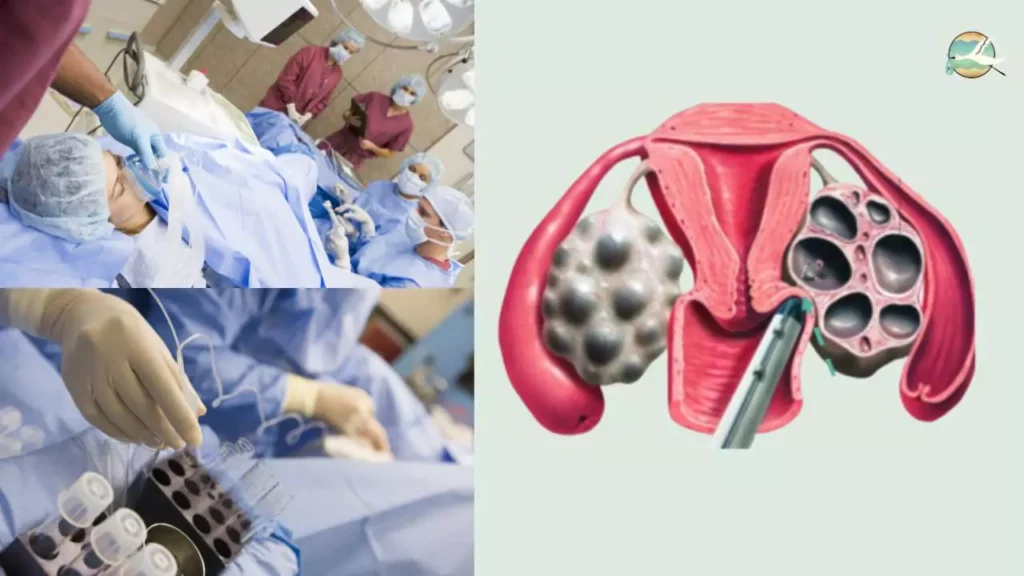
Egg Retrieval Recovery Tips
Here are some pointers for a speedy recuperation following egg retrieval:
- Get plenty of rest. Get as much rest as you can following the surgery because your body needs time to recover. For at least a few days, refrain from hard lifting and intense exertion.
- Stay hydrated. Flushing out any extra fluids and toxins that are causing the bloating will assist in reducing it. Aim to consume 8 glasses of water or more each day.
- Eat a healthy diet. A balanced diet might help you feel less bloated and improve your overall digestion. Make sure to consume a lot of fruits, veggies, and whole grains.
- Apply a heating pad or warm compress to your abdomen. This may aid in muscular relaxation and bloating reduction.
- Take over-the-counter medication. Take an over-the-counter medicine, such as Gas-X or Pepto-Bismol, if the bloating is severe.
Read More:-
- Ovarian Stimulation: Everything You Need to Know
- What is a TFMR Pregnancy? An In-depth Exploration of Termination for Medical Reasons
- Which fertility treatment is best?
- How to Get Rid of Sperm Cramps?: Understanding and Relief
- What is one major difference between menopause and andropause?
Conclusion
In conclusion, mature eggs are removed from the ovaries for in vitro fertilization (IVF) via an extremely minimally invasive procedure called egg retrieval. Most women resume their normal routines in a day or two after the surgery, which is typically carried out under sedation or anesthesia. But some women might feel some discomfort in the form of bloating, a moderate stiffness in the vaginal area, a slight cramping in the abdomen, and spotting.
After the surgery, it’s crucial to relax and refrain from hard activities to assist in managing these symptoms. Acetaminophen (Tylenol), an over-the-counter pain medication, can also be beneficial. In addition, it’s critical to consume a nutritious diet and stay hydrated.
The majority of women may go back to work the day after egg retrieval, but if you’re feeling under the weather, you might want to take an extra day off. Additionally, it’s crucial to forgo sexual activity for at least two weeks following the treatment.

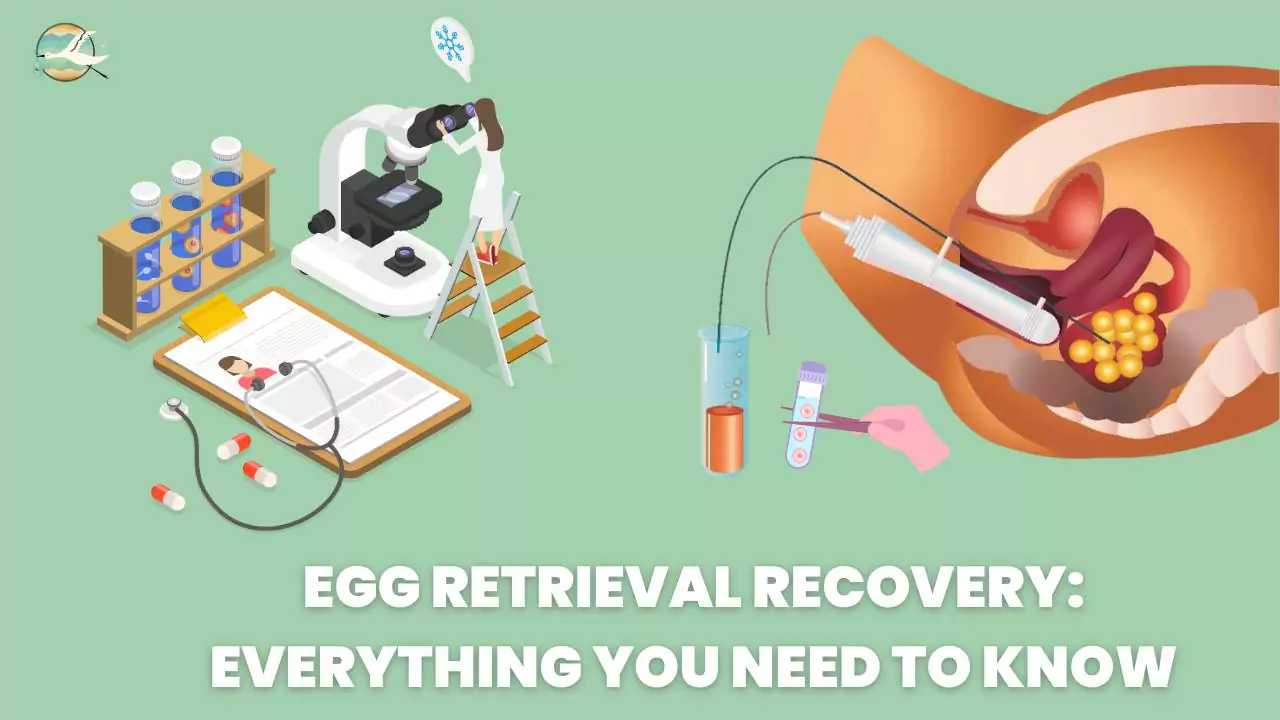


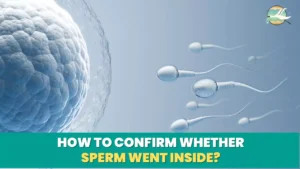
[…] Egg Retrieval Recovery: Everything You Need to Know 2023 […]
[…] Blastocysts are early embryos that develop five to six days after fertilization. The fertilized egg, or zygote, has undergone numerous cell divisions at this point and has evolved into a hollow […]